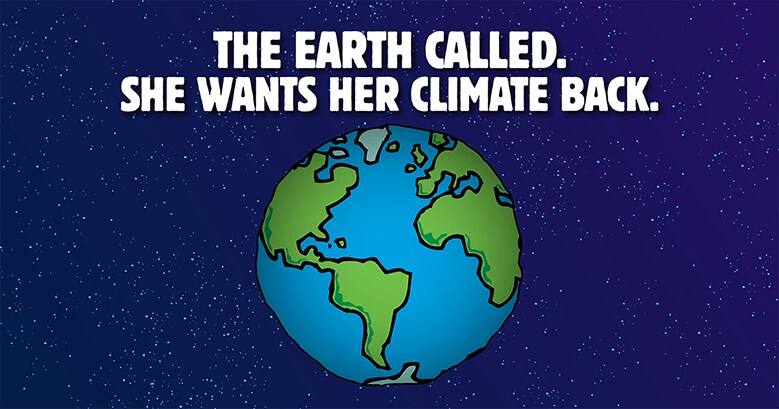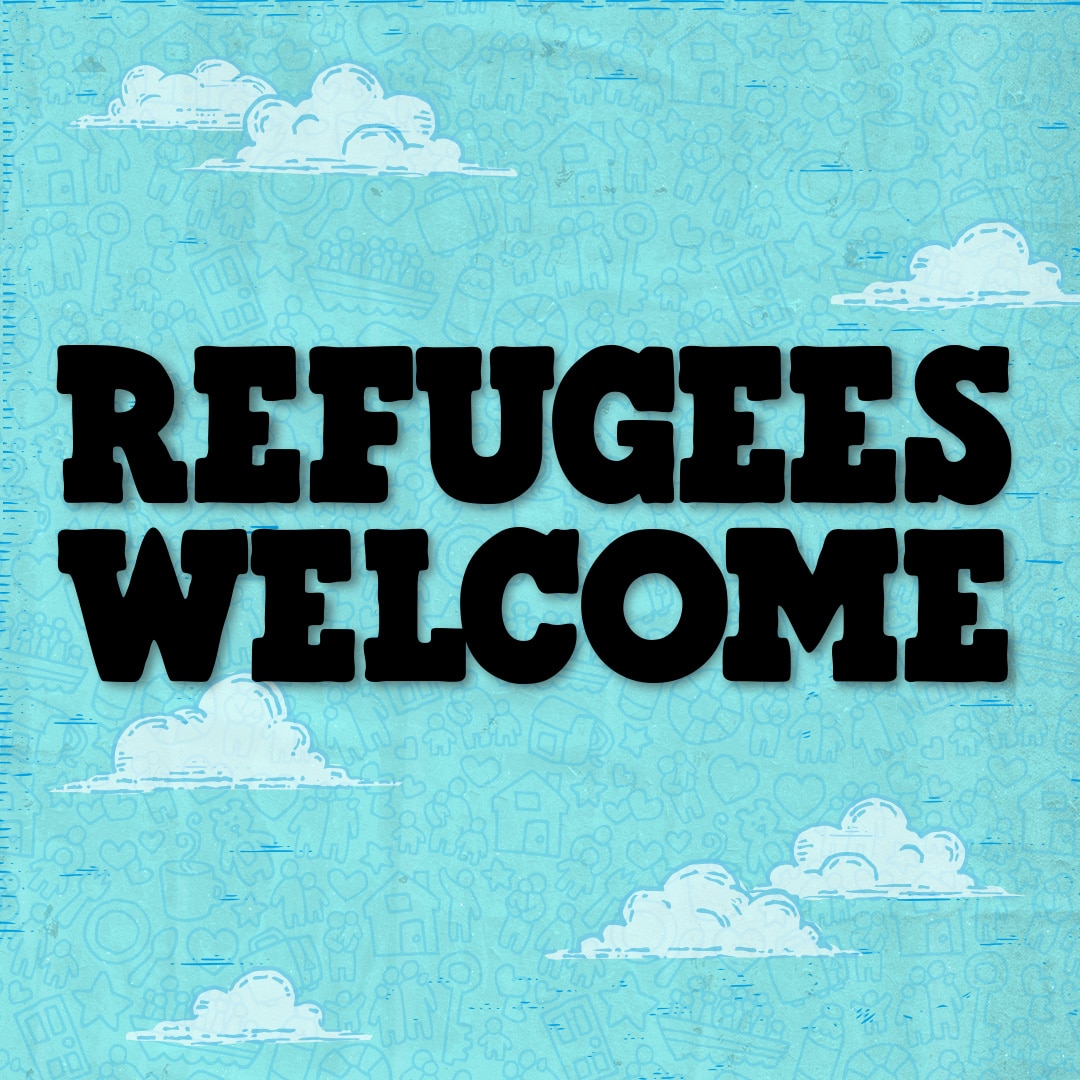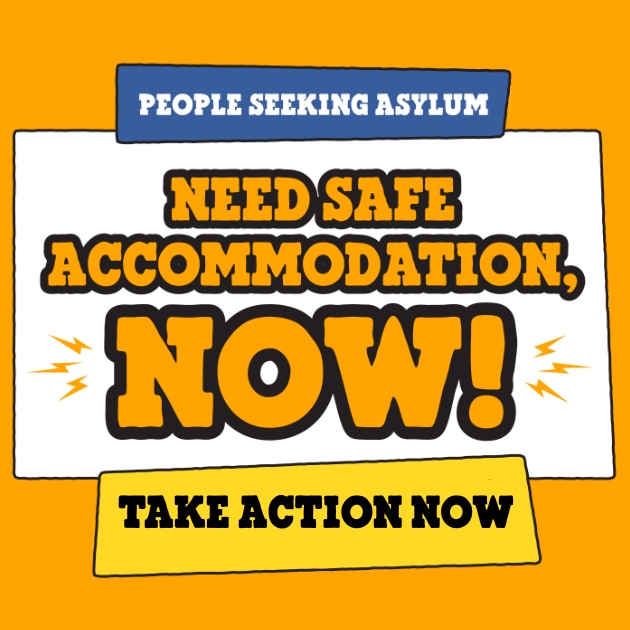October 17, 2018

Humans have experienced flooding, wildfires, heat waves and hurricanes since the year dot. Every so often, a community would experience a dreadful storm, hurricane, drought, flood, or a blistering hot summer. The results were - and still are - devastating. It can take years to recover.
But now this kind of extreme weather is getting more common. Disasters that might have been ‘once in a generation’ are happening more and more frequently.
Human-made climate change is making extreme weather more likely to happen, and more severe when it hits. Essentially, climate change is loading the dice in favour of these extremes.
Climate change 101
The Earth’s atmosphere is a finely balanced mix of different gases. Recently, humans have been messing with the atmosphere’s zen by pumping out a whole load of greenhouse gases.
Carbon dioxide is one of the gases that traps the Sun’s heat and keeps planet Earth warm. But human activities like burning fossil fuels or cutting down trees (which absorb carbon) means there is now too much carbon in the air. So too much of the Sun’s heat gets trapped. Global temperatures rise, and that unleashes all kinds of extreme weather.
Heat waves
This is a pretty clear link - as the Earth’s temperature rises, we get more hot weather. Scientists reckon that the heat wave that left Europe sweltering this summer was more than twice as likely to happen because of climate change.
The hot weather dries the ground out, and moisture in the soil evaporates much quicker. Over a number of years, that also makes droughts more likely and more serious.
And, worse, dry ground + dry plants create perfect conditions for wildfires. As hot weather starts earlier in the year and lasts longer, the wildfires that raged in California and Europe this summer are sadly likely to become more common.
Storms
As the ice caps melt, sea levels rise around the world. Rising sea levels make storm surges more frequent and more severe, which can create disastrous flooding in coastal areas. In December 2013 a large storm surge hit the east coast of the UK, causing 1,400 homes to be flooded, and thousands of people to be evacuated.
Also, warmer air can hold more moisture. With more water in the atmosphere, when it does pour there’s a lot more rain up there to fall down. The Met Office confirmed that four out of the five wettest years on record in Britain have taken place since the year 2000. Hundreds were killed in India this summer in what officials described as the worst flooding in a century.
Bigger storm surges and heavier rain are only compounded when a hurricane hits. Scientists argue over whether climate change makes hurricanes more frequent, but we do know it makes them more severe. Since the mid-1970s, the number of hurricanes that reach Categories 4 and 5 in strength (that’s the worst) has roughly doubled.
The world’s oceans have absorbed much of the heat caused by climate change so far. Warmer ocean water gives hurricanes more energy, which means stronger winds, more rainfall and much more destruction when they hit land.
The idea that these disasters might happen more is really scary. That’s why we need big, brave action to tackle climate change and stop it getting worse. We have the knowledge, ideas and skills to do it. So let’s go. There’s plenty you can do yourself, and ways you can prod people in power to act too.
This blog post was written by our climate activist pals over at 10:10.
Sweeten Up Your Inbox!
Subscribe now and we'll make sure you get the inside scoop on Ben & Jerry's fun and flavours! It's like dessert for your inbox, and you're going to want seconds.


